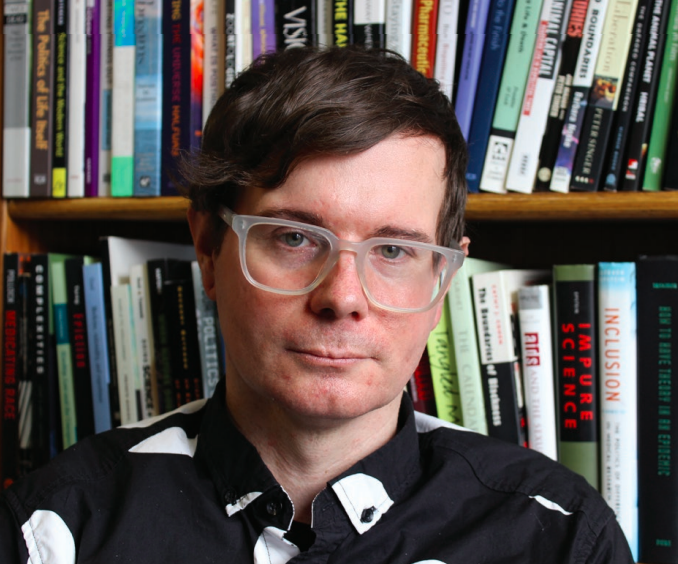
They attend to objects such as letters, films, direct actions, and surveillance tapes to produce a cadence of anti-trans/queer violence and the “ungovernable,” a legal designation which Stanley redefines as an analytics and ability to escape or evade state surveillance and capture. Stanley draws from archives of anti-trans/queer violence that traverse a range of times and places in the US. Stanley’s atmospheric analysis-the structures and molecules that envelop trans/queer life-enables them to illuminate diffuse scenes of simultaneous trans/queer presence and erasure. While this book underscores violence, hurt, and loss, it is more accurate to classify it as a text that tenaciously dwells in the possibility of livable worlds otherwise. The apprehending power of liberal rights only further valorizes the United States’ socio-legal structure that perpetuates by rendering certain lives unlivable. Instead, their meditation on racialized and gendered violence posits how the foundational “inconsistencies” of liberal democracy steadies its hold (11). In a move that will be unsurprising to readers familiar with their writings, Stanley denounces the state as the primary vehicle for recognition, inclusion, and safety. At the same time, the book unpacks how undoing can be leveraged towards unraveling modernity’s oppressive structures. Violence is an undoing the subtitle’s “structuring antagonism” refers to the ways that such undoing occurs at the level of lives subject to violent events. Violence does not have a singular meaning in the text, as it sometimes appears as a “force that ends life” and sometimes as “the only way life may unfold” (7). Stanley’s Atmospheres of Violence: Structuring Antagonism and the Trans/Queer Ungovernable delves into the spectacle and disappearance that racialized anti-trans/queer violence produces.

Durham, NC and London, UK: Duke University Press, 2021.


Atmospheres of Violence: Structuring Antagonism and the Trans/Queer Ungovernable.


 0 kommentar(er)
0 kommentar(er)
